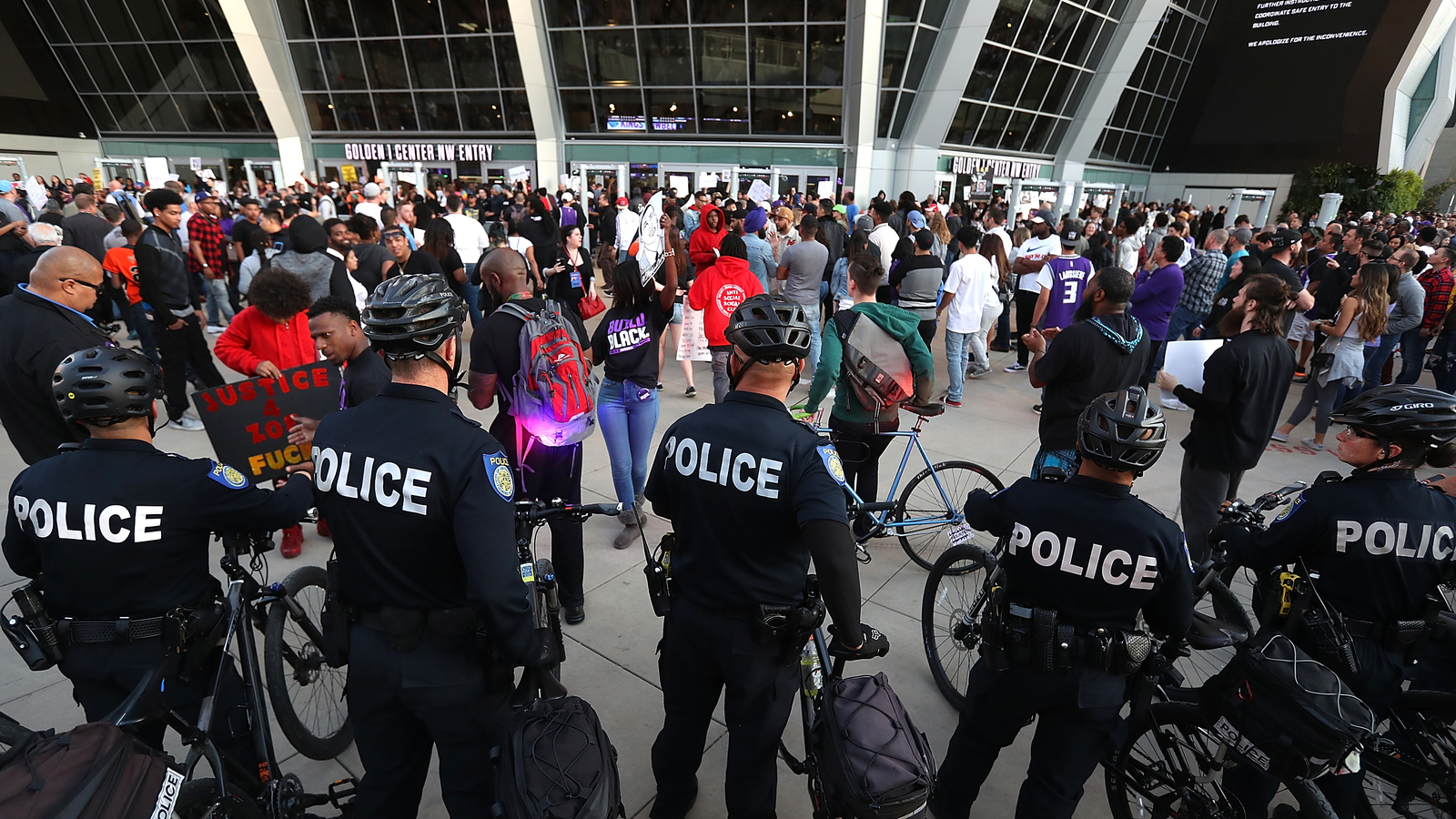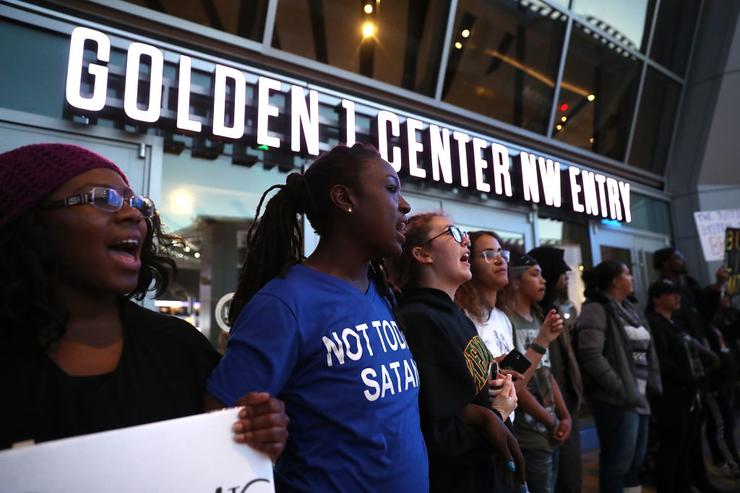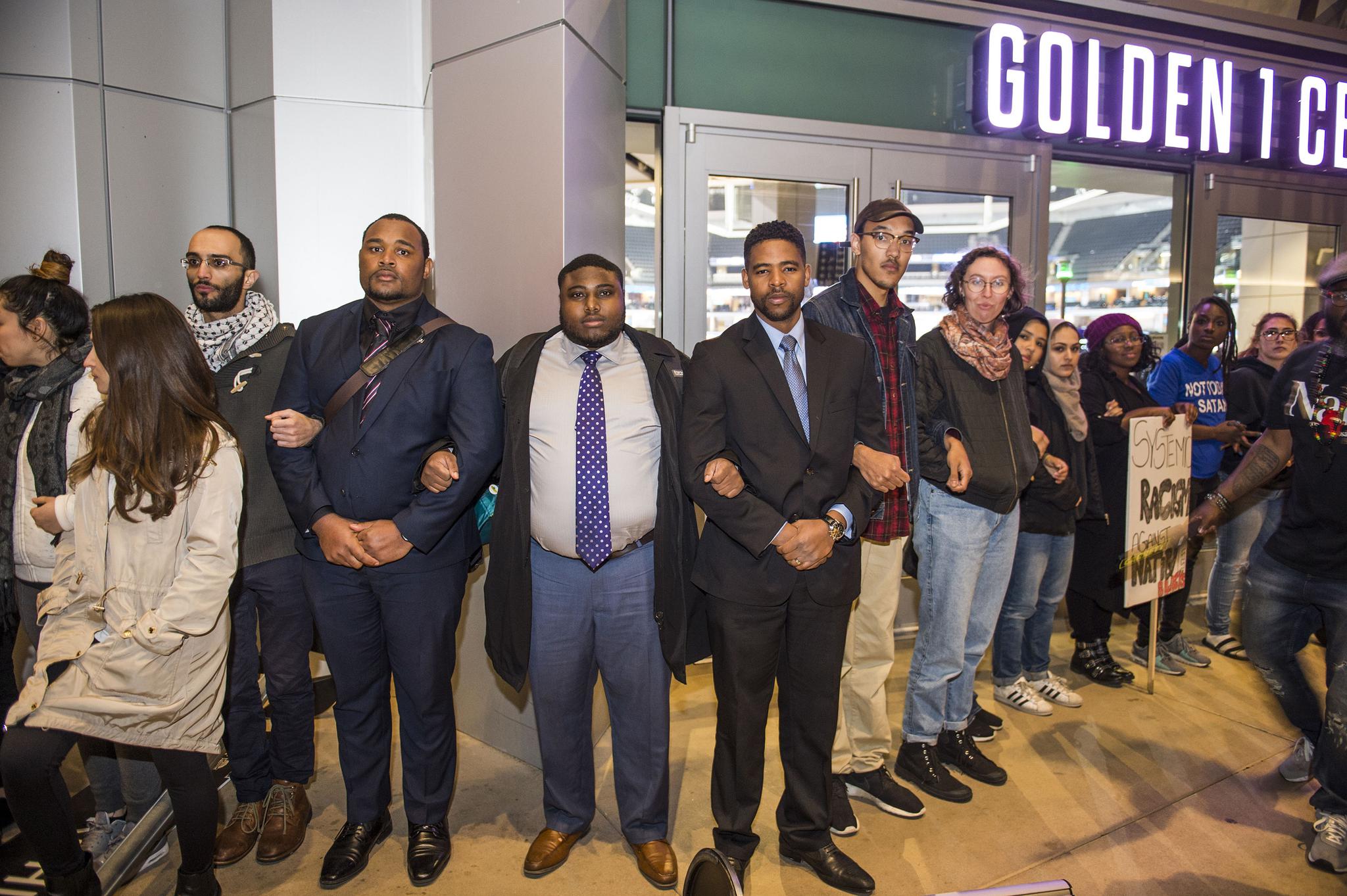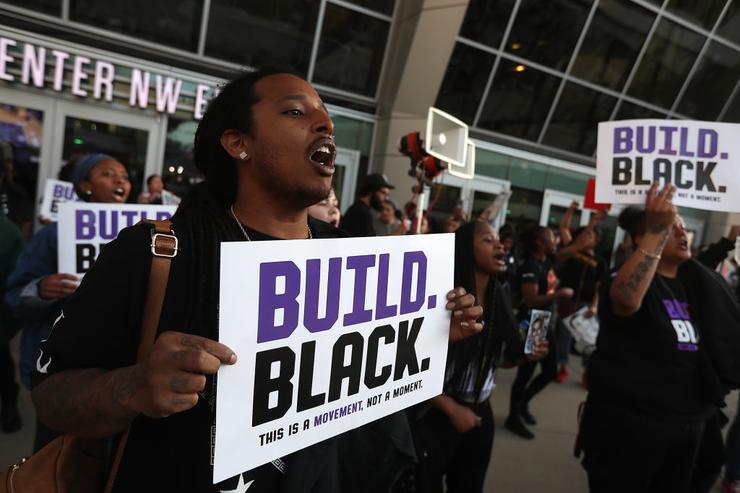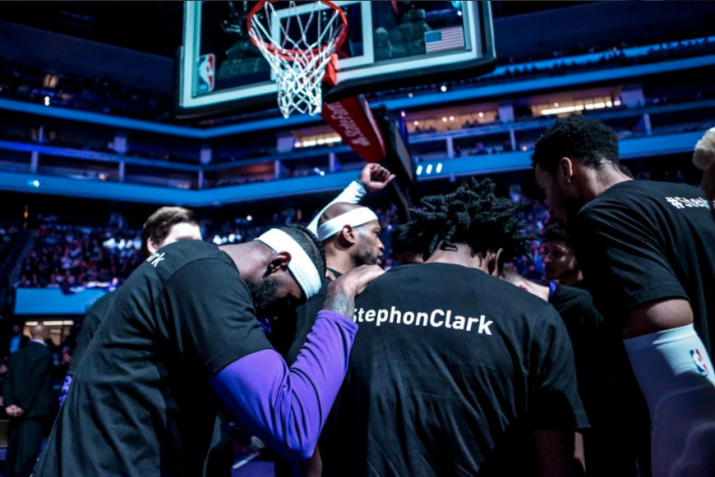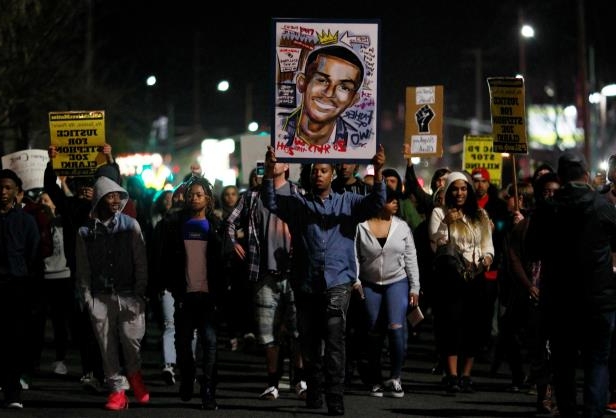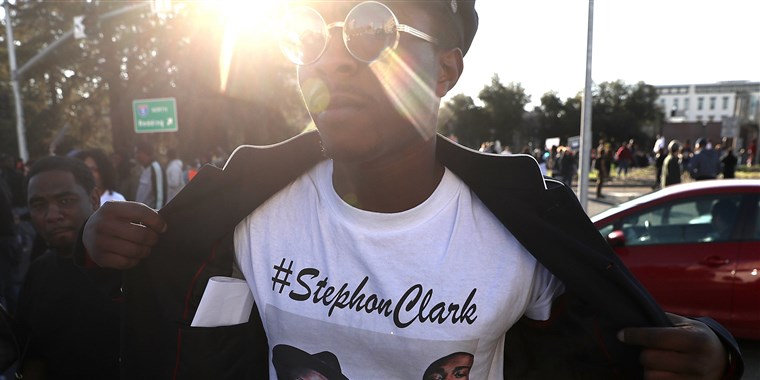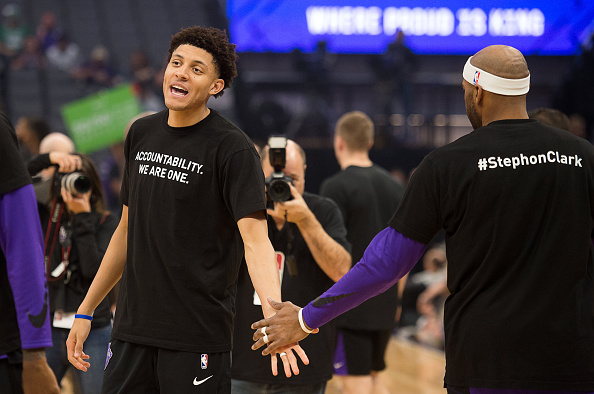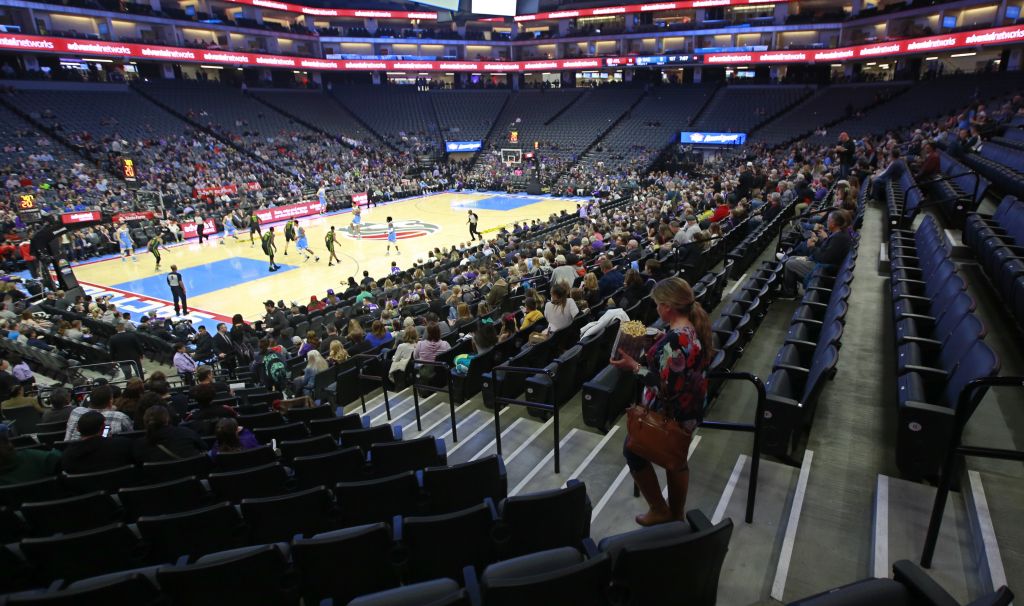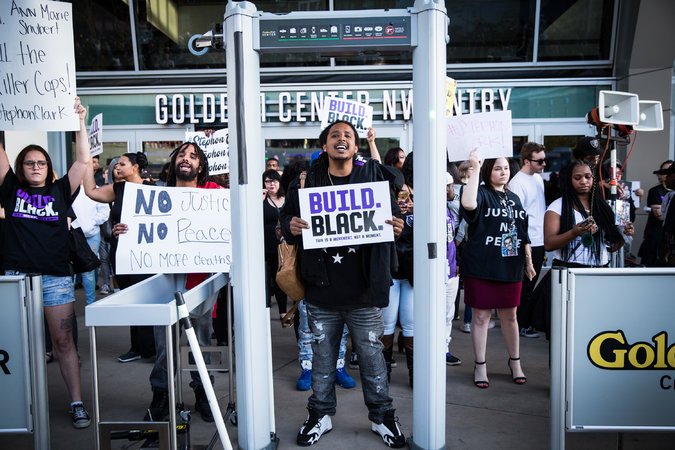By Ryan Hanlon
When asked about his motivation for making the movie “Joker,” director Todd Phillips wondered, “what would it be like to really strip comic book movies down and do an intimate character study... a deep dive kind of hand-made movie where you explore one of these comic book characters in a unique way?” In “Joker,” Phillips does indeed explore the mind of a comic book villain from a unique and interesting perspective. Despite condemnation from many national critics due to its dark and cynical themes, Phillips’ “Joker” was fantastic, and it single-handedly redefines the superhero genre in a way that is both fresh and compelling.
While “Joker” was clearly inspired by Heath Ledger’s take on the Clown Prince of Crime in “The Dark Knight” (there is an overt ode to Ledger’s Joker in an eerily similar cop car scene), Phillips’ iteration is a very dark character-driven movie dominated by a stellar and twisted lead performance from Joaquin Phoenix the likes of which I haven’t seen since Daniel Day Lewis in “There Will be Blood.” From Forbes to the Atlantic, critics all seem to agree on the stellar quality of Phoenix’s performance. And the 90% audience score on Rotten Tomatoes coupled with a wildly successful first two weekends at the box office confirms that the vast majority of fans loved the film. What some critics don’t agree on, however, is whether “Joker’s” message, if there is one, resonates with any profound cultural impact. In addition to a (mostly) spoiler free review, this article will explore what “Joker” means within today’s society as well as what some critics’ response to the film says about today’s society.
Most critics’ response to the film can be summed up as one of two general themes, which are really just different ways of saying the same thing: either (a) “I don’t like what the film has to say,” or (b) “the film has nothing significant to say.” The thrust of the criticism from these types of reviews is that the writers of “Joker” portray its main character with some degree of sympathy, and his vile actions as a reasonably logical response to his circumstances. However, this is not morally irresponsible filmmaking; rather, this is how shrewd storytellers create a villain that people care about.
Until “Joker,” superhero movies were about two or more characters, some clearly good and some clearly evil. Legitimate stories, on the other hand, are about complicated protagonists and antagonists who combine good and bad qualities. Take for example, Jaime Lannister from the smash hit television series “Game of Thrones.” In Jaime Lannister, George R.R. Martin created a very complex character that was both sympathetic and reprehensible. When the audience is made to sympathize with villains and become emotionally invested in their plight, they become far more powerful characters. Such is, to some degree, what Todd Phillips has done with Arthur Fleck in “Joker.” Phoenix, with a malnourished frame and a lot of hypnotic dance moves, convincingly portrays a man who has been cast out by society and scarred by his psychologically abusive mother (an aspect of Joker’s genesis story that has been conveniently overlooked by all of the reviews pegging society/government as the enemy in the film). Failed by his circumstances and the system that created him, Arthur slowly descends into madness…not because he is a preordained psychopathic serial killer, but because he is a fallible human being that has been neglected and pushed to the brink.
Arthur’s plight is pretty damn realistic and socially relevant which explains the moral outcry of some critics playing gatekeeper and attempting to protect the masses from misinterpreting Phillips’ Joker as a hero rather than a villain. These critics worry about the final acts of the film, wherein Joker truly embraces his most insane and destructive impulses which finally validates Arthur by earning him the attention and praise he’s been craving. This is the message that the gatekeepers detest and fear: that a segment of the audience may feel close to Arthur and empathize with his story, those who feel overlooked and unloved and angry with society, may interpret this movie to mean that if they too lash out, others will follow suit – that they are not alone.
Is this a dangerous message in today’s societal and political landscape? Absolutely. Should Phillips be condemned for making this movie? Absolutely not. In fact, the very idea that “Joker” is seen to have such a potential to resonate with violent and downtrodden fame seekers only confirms its brilliance. That is why the film feels so real, so raw, and so sinister. This could happen, it has happened to one degree or another in our real society (Arthur’s story, at least, not necessarily the revolt he inadvertently creates). But the movie, as does all art, relies on the audience to interpret it, and I cannot imagine any sane viewer coming out of this movie thinking it is promoting or even passively endorsing violence or mass shootings. Arthur’s last couple murders were shocking, cold hearted and bone chilling. If anything, I came out of this movie thinking that it is encouraging more acts of everyday kindness, more mental health awareness and more social and governmental support for the same precisely because unjustified killing is such an extreme and terrible consequence of failing to do so.
The point is, “Joker”, like all movies, is a form of art. Whether it is good or bad art is for the viewer to decide. I happen to think it was awesome - clearly others didn’t. We as a society should not condemn an artist for creating a piece of art that may incite a particular (unintended) reaction in a small corner of the population. To censor or suppress artists out of fear for how their message will be received by the audience contributes to the death of nuance in our culture, and nuance is important. If often feels to me like the spaces within today’s society where people are encouraged to engage in nuanced conversations about controversial topics are quickly disappearing, but movies should always be one of those spaces.
In a broader sense, I think Phillips has created a blueprint for DC going forward that will distinguish it from the more colorful and happy-ending world that Marvel has so successfully created and branded. “Joker” felt very fresh and independent of previous Batman lore, but it creatively tied in familiar faces and iconic moments. Also, Phillips’ ability to work a decent amount of laugh out loud moments into a film with such a bleak tone was remarkable. I am encouraged by the prospect of other DC comic book characters existing in the raw and painfully realistic world created by “Joker.” Batman, a hero without any real superpowers, is the perfect character to occupy this space, and I can only hope that DC explores a similar deep and dark dive into Batman as a character, what really motivates him, and how he is tied to Joker (whether it be Arthur Fleck or another version of the Clown Prince spawned from Arthur’s revolution). Here’s to hoping that Phillips and future filmmakers in this genre continue to innovate and push the envelope, even if it means making movies that require more nuance in deciphering the line between good and evil, hero and villain.












